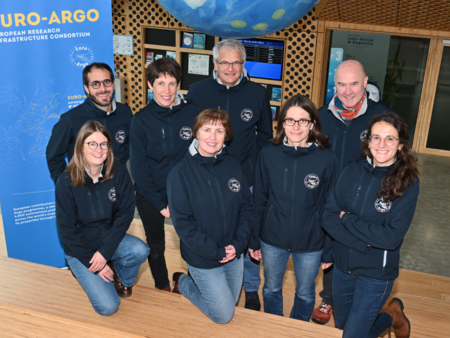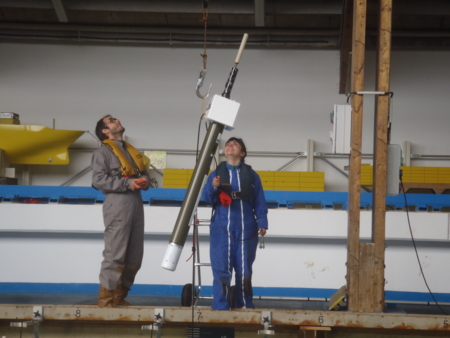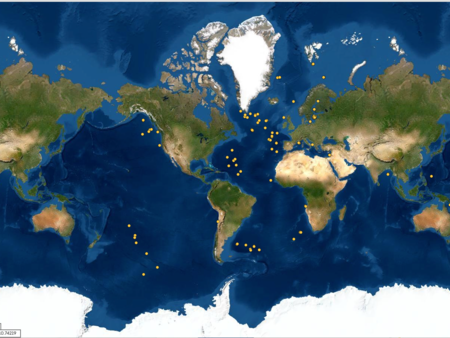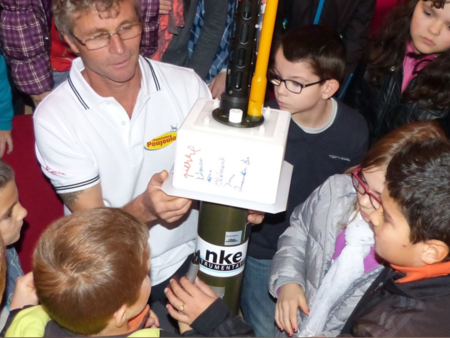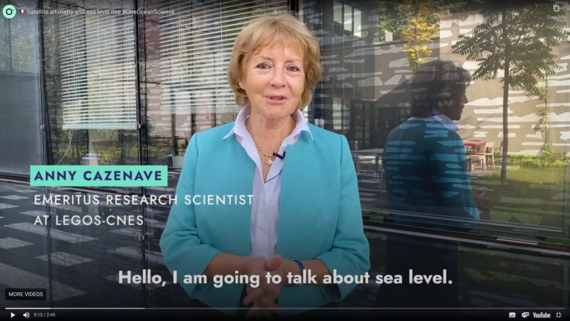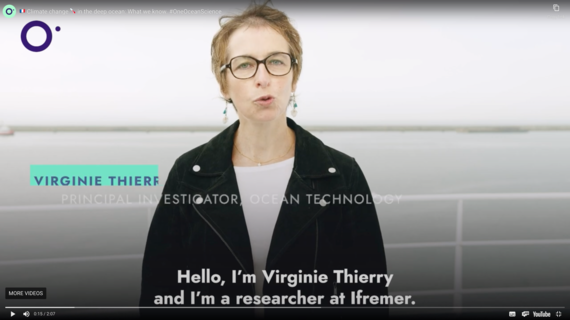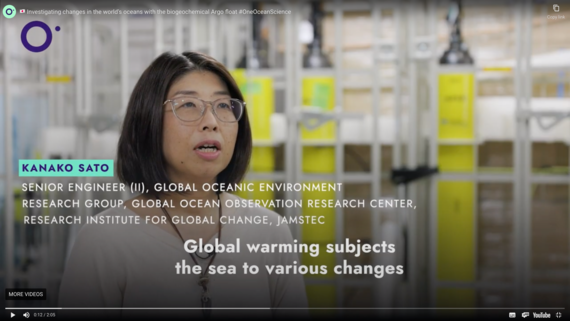One Ocean Science: a digital world tour of ocean and climate science
On the occasion of the 26th annual UN climate conference in Glasgow from 1st to 12th November 2021, Ifremer and the international ocean science community are launching a connected project to highlight the importance of ocean science in the fight against climate change and its impacts on both the environment and our societies: OneOceanScience. Get ready to meet the scientists!
How do the oceans function as a sponge for CO2? How much the ocean is warming? What are the effects of climate change on our regional seas? Throughout 37 videos, you will get answers to those questions and even more. Scientists from various research organisations in 33 countries around the world have joined this international campaign to explain in a popularised way why ocean science is essential to better understand and protect the ocean and to address the climate challenge.
Argo floats in the spotlight
Throughout the videos, three scientists mentioned the importance of Argo floats:
- Anny Cazenave, emeritus research scientist at LEGOS-CNES in Toulouse and member of the French academy of sciences explains for instance that Argo data, coupled with the satellites of the Grace space gravimetry mission observations, is crucial to understand the phenomena at the origin of the sea level rise and to validate the models developed to simulate future climates. For instance, it has been shown that the sea leavel rise is accelerating, due to the accelerated melting of the ice sheets, in Greenland and West Antarctica. “This land ice melting is responsible for about 60% of sea level rise whereas ocean warming – via thermal expansion of sea water – contributes to the remaining 40%” says Anny Cazenave.
- Virginie Thierry, physical oceanographer at Ifremer highlights the necessity to develop a deep-sea observation network relying on Argo floats able to dive till 4000 to 6000 m depth. One of the main objectives? To better assess the role of deep ocean layers in climate change mitigation. Thus, more than 90% of excess heat is stored in the ocean and some of this excess heat penetrates well beyond the usual Argo floats depth of 2000 m.
- Kanako Sato, senior engineer at JAMSTEC, states the urgent need of investigating changes in the marine environment thanks to biogeochemical BGC floats. Thus, “the ocean acidification is becoming increasingly severe which particularly affects the growth processes of plankton and therefore could lead to major changes in the entire marine ecosystem through the food chain”. That’s why it is required to get a comprehensive monitoring of the biogeochemical parameters measured by BGC floats – nutrients, pH, dissolved oxygen, dissolved carbon and plankton content – at a global scale and in real time.

